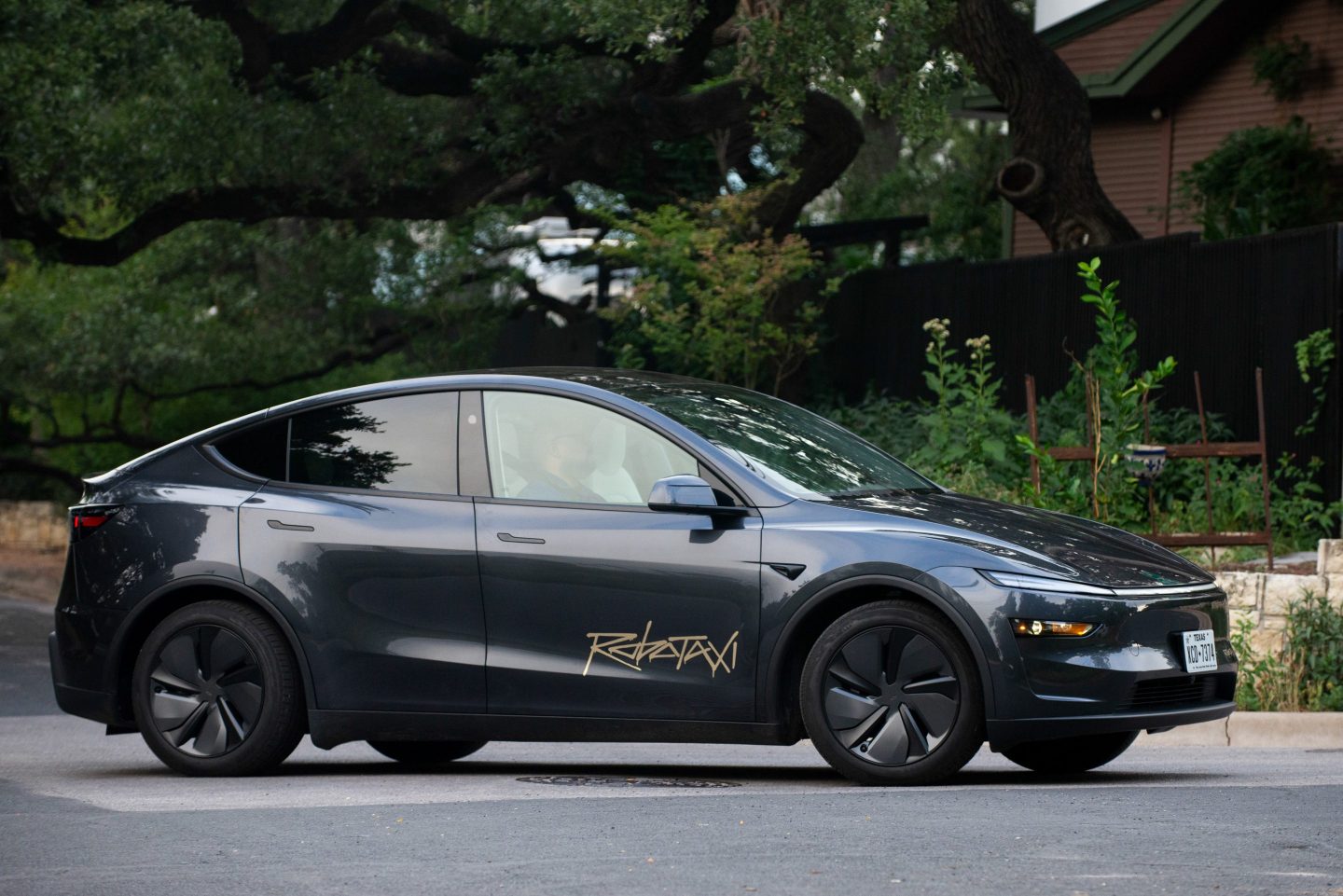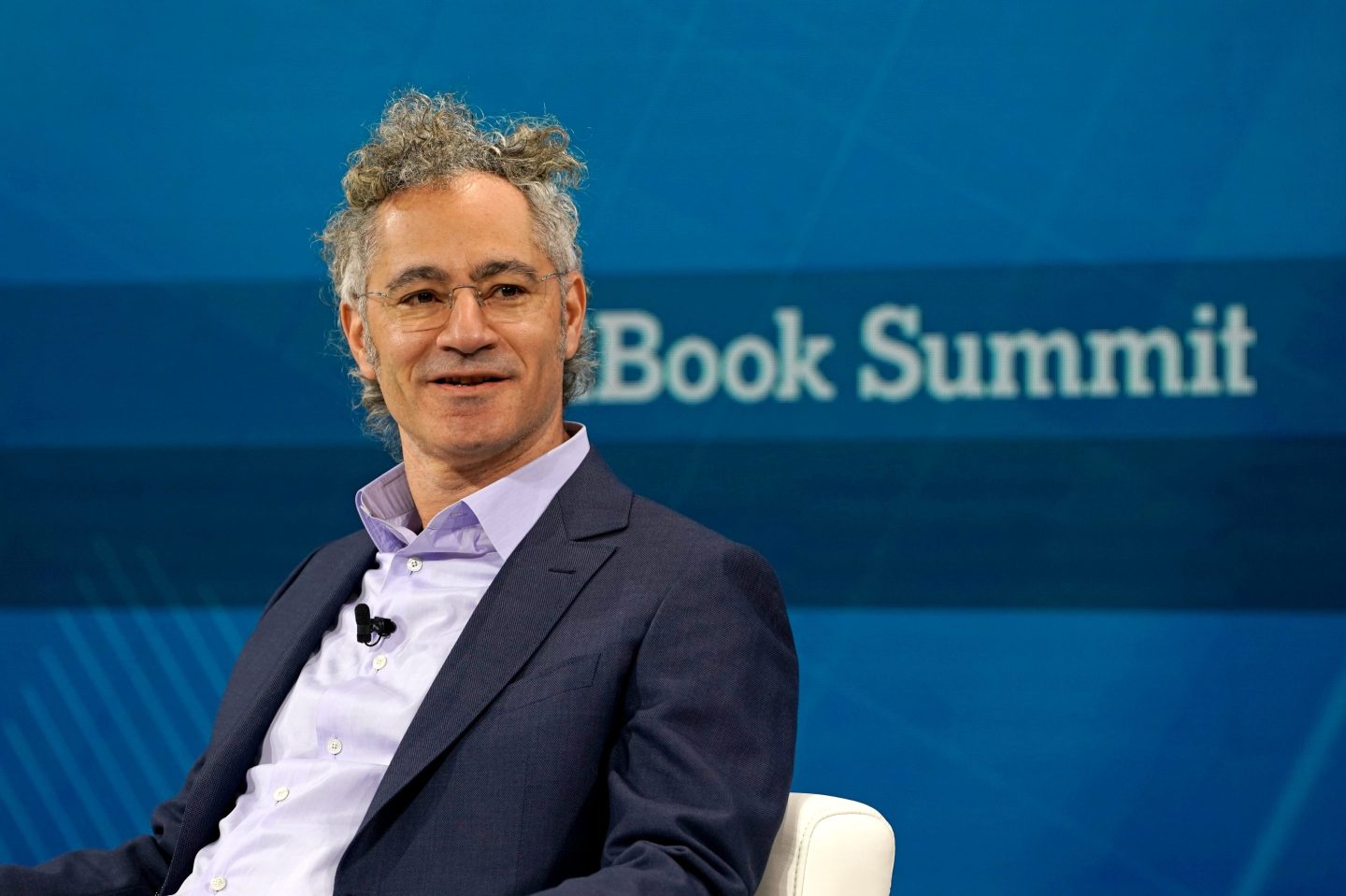Chen Tianshi, the 40-year-old founder and CEO of Beijing-based Cambricon Technologies, is now one of the 100 richest people in the world after his AI chip company, known in retail trading circles as “China’s Nvidia,” posted a monster third-quarter earnings report last week, including, most notably, a 14-fold jump in quarterly revenue. It reported a net profit of $79.6 million (567 million yuan), compared with a net loss of $27.2 million (194 million yuan) a year ago—a 1,332% jump.
As you might imagine, these explosive results have been a powder keg for Cambricon’s stock, which was up 15% through Wednesday, while also ballooning Chen’s net worth by about $2.4 billion. The Cambricon CEO is now worth about $24.1 billion, up from $21.7 billion last week, according to data compiled by Bloomberg and Forbes. He is now No. 94 on the list of the 100 richest people in the world.
Cambricon’s tear is pretty indicative of China’s efforts to develop domestic alternatives to American semiconductors, given the escalating trade restrictions. Since 2022, the U.S. has banned exports of advanced AI chips—including Nvidia’s A100, H100, and H200—to China. But while Nvidia was able to get approval to sell its lower-performance H20 chip, designed specifically for the Chinese market, Beijing has raised security concerns and advised domestic companies to reduce their reliance on Nvidia products, which, in turn, has created opportunities for Chinese chipmakers.
As Bloomberg’s Rachel Yeo put it, Cambricon’s recent success is “one of the starkest signs yet of how China’s chipmakers are benefiting from a national drive to replace restricted Nvidia Corp. gear during a domestic AI development boom.”
Family business
Chen Tianshi and his older brother Chen Yunji founded Cambricon in 2016 as a spinoff from the Chinese Academy of Sciences, where both worked as researchers. The brothers were students in an elite program for gifted youth at the University of Science and Technology of China. Tianshi earned his bachelor’s degree in mathematics in 2005 and his doctorate in computer science in 2010, all before age 25.
Cambricon went public on Shanghai’s STAR Market in July 2020, with shares surging 230% on its debut. After seven consecutive years of annual losses through 2023, Cambricon achieved its first quarterly profit in late 2024.
Cambricon supplies AI chips to the biggest Chinese tech companies, including Alibaba, Tencent, and Baidu. In terms of competition, though, Huawei is the alpha dog in Chinese AI chips, shipping between 300,000 and 400,000 of its Ascend AI chips last year, compared with just north of 10,000 units from Cambricon. However, analysts say, Cambricon has the potential to deliver 80,000 units through the rest of 2025 and potentially double that in 2026.
But success won’t come easy: Cambricon was added to the U.S. Entity List in December 2022, restricting its access to American technology and advanced manufacturing processes. The company also faces production constraints and low chip yields, with analysts noting that its full-year capacity may not be sufficient to meet demand from even a single large client. The company also issued a risk warning to investors in August, acknowledging that its share price was significantly outpacing that of industry peers and that its valuation may have diverged from current fundamentals.












